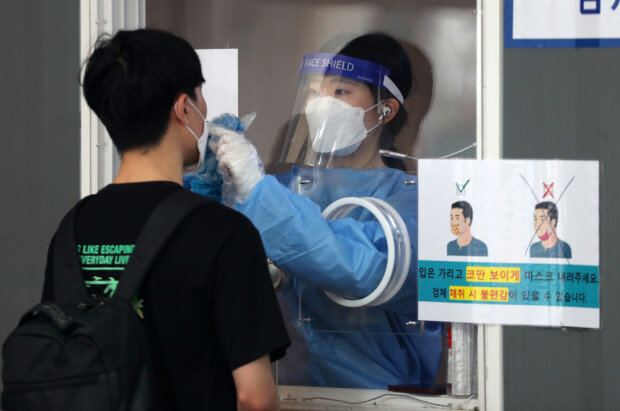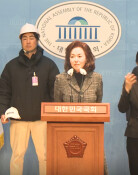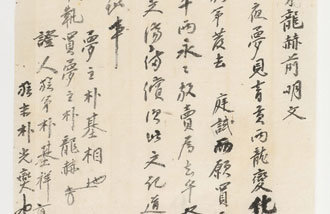British newspaper sheds light on ‘Konglish’
British newspaper sheds light on ‘Konglish’
Posted October. 22, 2021 07:31,
Updated October. 22, 2021 07:45

A British newspaper published a detailed article on “Konglish,” a word referring to the broken English commonly used in South Korea, and the Korean government’s effort to address the “corruption” of its language. The latest article reflects the ever-increasing interest in the Korean language driven by the phenomenal global popularity of the Korean Netflix show “Squid Game” and K-pop music.
The Times said Korea is fighting the “corruption” of its language owing to “Kongish” in an article “Konglish is not your bepu.” “Is your bepu a gaegeumaen?,” the article questions, suggesting such use of broken English among Korean youngsters is making their conversations incomprehensible to an older generation. While the word “gaegeumaen” stems from the combination of “gag” and “man” to mean a comedian, the word can hardly be understood by English speakers. The article also introduced other vocabulary of broken English such as “overeat” (for “vomiting”) and “eye shopping” (for “window shopping”).
The article also pointed out such expressions such as “With Corona” (for “live with coronavirus) or “Untact” (for “contactless”), which are officially used by the Korean government, are also other examples of broken English. The Times added that marking the Proclamation Day of the Korean Alphabet on Oct. 9, “South Korea’s prime minister promised to reduce the use of foreign words and idioms” to protect its national language, pointing out Seoul’s effort to purify Hangeul.
The tone of the article, however, was not necessarily negative. “To many linguists, such innovations are an inevitable part of the growth and development of languages,” The Times said. “With the international popularity of Korean food, film, K-pop music and TV programs such as ‘Squid Game,’ Korean words are entering other languages.”
Youn-Jong Kim zozo@donga.com







